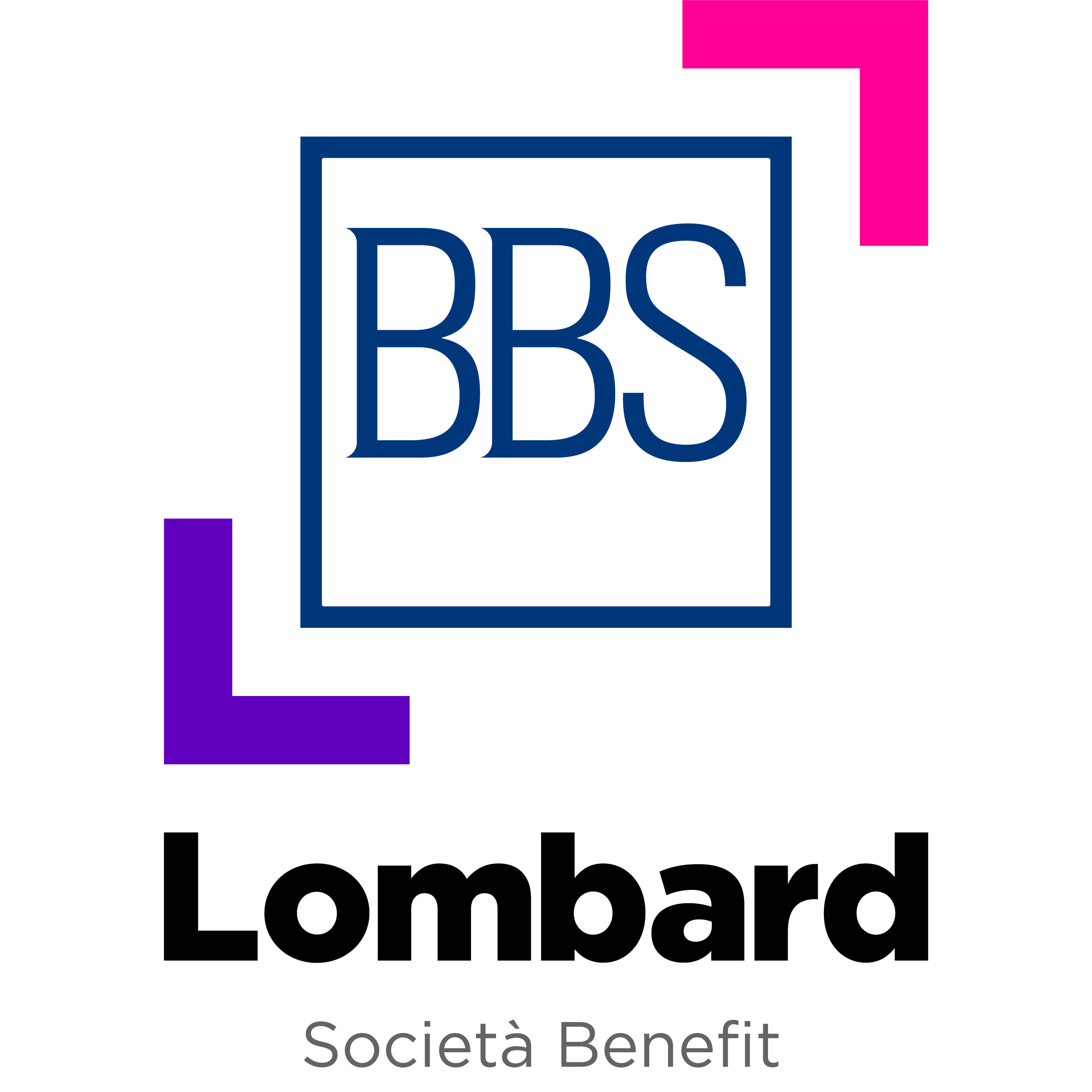THE BIRDS HAVE GONE
Paolo Fresu
“The birds have disappeared,” my father Lillino would say, looking around at the countryside with a worried air. It had been a few years since we had seen finches and goldfinches and this, according to my father, a shepherd and farmer, was not a good thing.
The perfuralzos (sparrows in Sardinian dialect) have disappeared and even the swallows don’t return. Thankfully, the pink flamingos continue to sojourn in the Molentargius ponds in Cagliari, as well as in Montpellier and Tunis.
Who knows where the small species have gone. Pesticides are exterminating the sedentary birds perhaps, while the inner compasses of the migratory birds are disturbed by climate upheaval. Compared to the past there are also fewer of the noisy crows whose nests we used to hunt down as children during the May country festivals, and seeing a hoopoe is now a rare event. Only magpies continue to hold sway outside our house immersed in the greenery of Montecalvo. Noisy and annoying, they have taken possession of the place and eliminated all other birds. This too is a sign of modern times and a parable for contemporary arrogance. Once nature had its own laws and rules while today these are dictated by man who upsets these subtle relationships.
We bought two bird houses for our hilly garden. They are sweet-looking and, in our view, very welcoming. Painted in green and blue, there is something homely about them that invites you to move in.
We placed them on the main branch of two not too tall trees, seemingly sheltered from dangerous predators and bad weather. No sparrow has chosen to lay their eggs in them however as they prefer to nest, like every early spring, between the window of the study where I do my composing on the piano and the shutters that face south towards the Apennines, because magpies never forgive, and it’s
the only place they can’t get to.
Proving that time stays the same despite everything. Which is why you should worry when things don’t happen and appointments are missed.
“This year the departure of the swallows will pull at my heart for a thought.”
Umberto Saba would never have written these verses if the swallows had not always made their cyclical return, highlighting how the universe moving around the earth represents a certainty capable of giving meaning to things and giving us hope.
But it also happens that swallows come back.
To remind us that everything comes from the earth and that this hides a subtle poetry to be read in the return of every season.
The first swallows that carry with them the seeds they collect elsewhere, which become seeds, flowers and fruit.
This is one of the reasons we must take care of our planet before it is too late and before the birds never return and don’t know where to find safe harbour.
When my father said that sentence we were about to set off to Berchidda, the small town where I was born and where for 35 years I have been organizing an international jazz festival, a project based around the music of Fabrizio De André and Lucio Dalla together with the singer Gaetano Curreri.
As a tribute to the two artists we called it “Le rondini e la Nina” borrowing words from their respective songs. And so the swallows were once again the protagonists for a poetic reflection on the state of the planet.
This is the context of Time in Jazz, an event where clean energy is produced to power concerts immersed in nature that take place in uncontaminated and exciting places.
The woods become natural stages and the Romanesque-Pisan basilicas unusual theatres inhabited by music.
And it’s these sounds that induce a reflection on respect for the earth and the quality of the air, leading us over the years to conceive an ‘energy wagon’ that takes the heat of the sun and stores electricity used to power our amplification systems.
What’s more, we use neon lights that don’t impact the environment, incentivise good practices as regards recycling and composting, consume water sensibly and offer intelligent and sustainable mobility options.
But can a music festival contribute towards respect for the environment?
I am increasingly convinced that the art of music is not only necessary but useful for inducing a collective discussion on the issues that are important to us.
Because a concert in front of a country church, with the sound of cowbells mingling with that of trumpets and saxophones, makes us feel better and connects us with the spaces we live in and with others through breath and inspiration that is at once atavistic and contemporary.
This is the meaning of music and art: to draw a straight line that connects the earth with the sky.
Provided the sky is clear and allows a glimpse of the stars as well as the swallows in flight.
Paolo Fresu is an internationally renowned jazz musician. He has performed all over the world with the most important names in African American music of the last 35 years. He has received numerous awards and in 2010 founded the record label Tŭk Music. He directs the Berchidda ‘Time in Jazz’ Festival and was artistic director and teacher of the Nuoro Jazz Seminars for 25 years. He lives between Paris, Bologna and Sardinia, where he was born.
